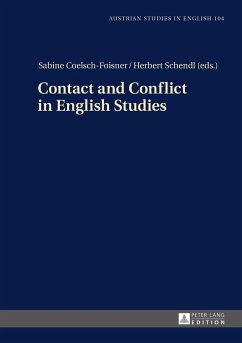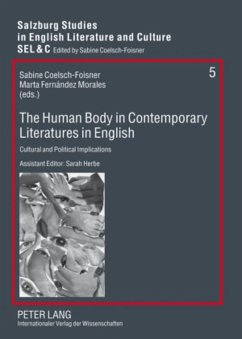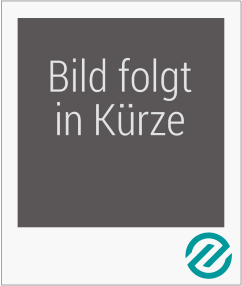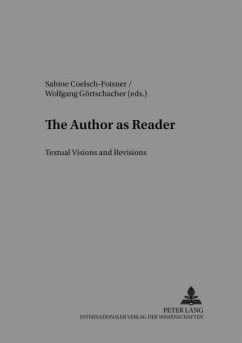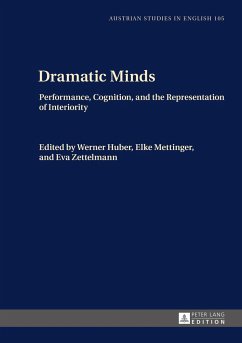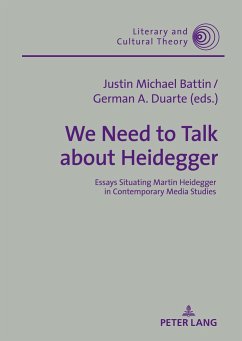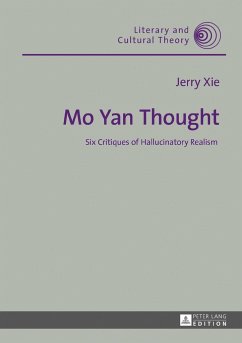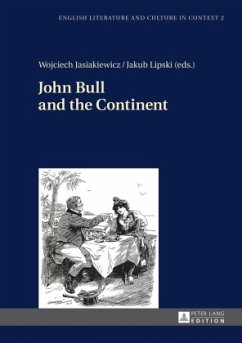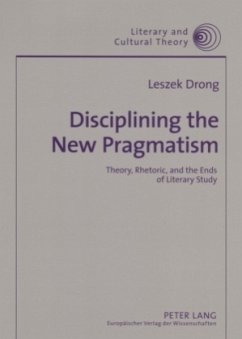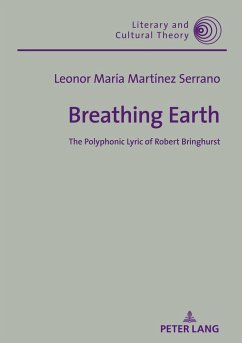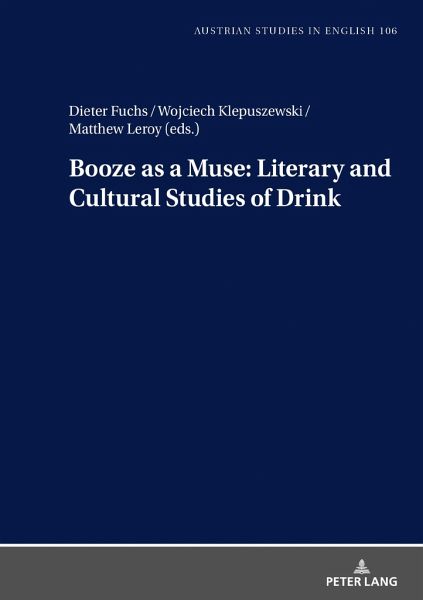
Booze as a Muse: Literary and Cultural Studies of Drink
Versandkostenfrei!
Versandfertig in 6-10 Tagen
53,45 €
inkl. MwSt.

PAYBACK Punkte
0 °P sammeln!
Attempts to approach the topic of drink and literature and the question of how far this is interconnected with the habits of the writers can be considered within the wider frame of what is called drinking studies. This is an interdisciplinary field which is a composite of numerous facets, the common denominator being the analysis of how drink has functioned and functions in the lives of individuals and communities, taking into consideration diverse contexts, perspectives and backgrounds connected with alcohol consumption (or abuse). Among numerous examinations within the field of drinking stud...
Attempts to approach the topic of drink and literature and the question of how far this is interconnected with the habits of the writers can be considered within the wider frame of what is called drinking studies. This is an interdisciplinary field which is a composite of numerous facets, the common denominator being the analysis of how drink has functioned and functions in the lives of individuals and communities, taking into consideration diverse contexts, perspectives and backgrounds connected with alcohol consumption (or abuse). Among numerous examinations within the field of drinking studies, the province of literary criticism offers interesting insights. Any critical debate in this respect inevitably focuses on two areas, the first one being the study of literature per se; the other encompasses the writers' lives and the extent to which their drinking affects their writing. Thus, the perspective can be critical, biographical, or both, reflecting what is often referred to as life-writing, or self-writing. In some instances, one might even risk calling it inspirational writing, and in these cases, one needs to debate the question of how alcohol as a source of inspiration - or 'booze as a muse' - is perceived.





